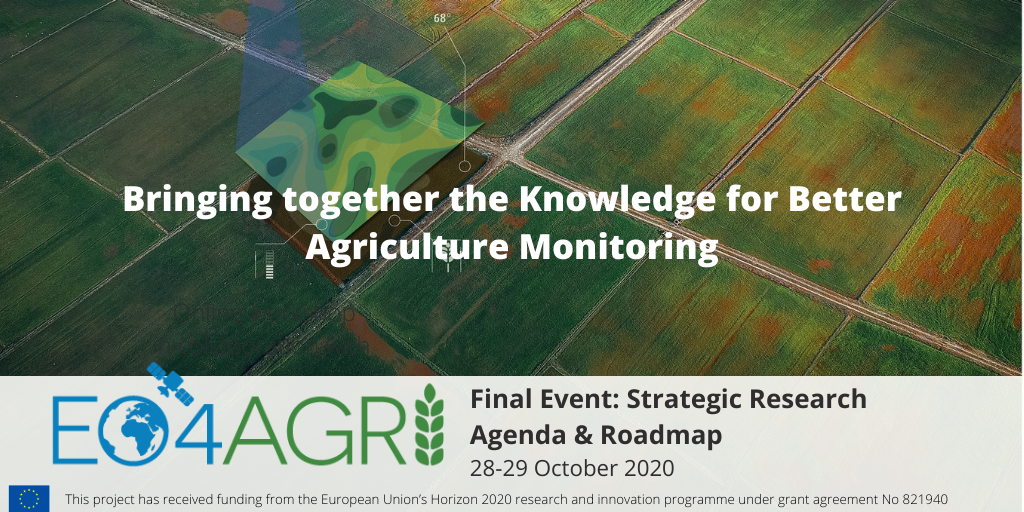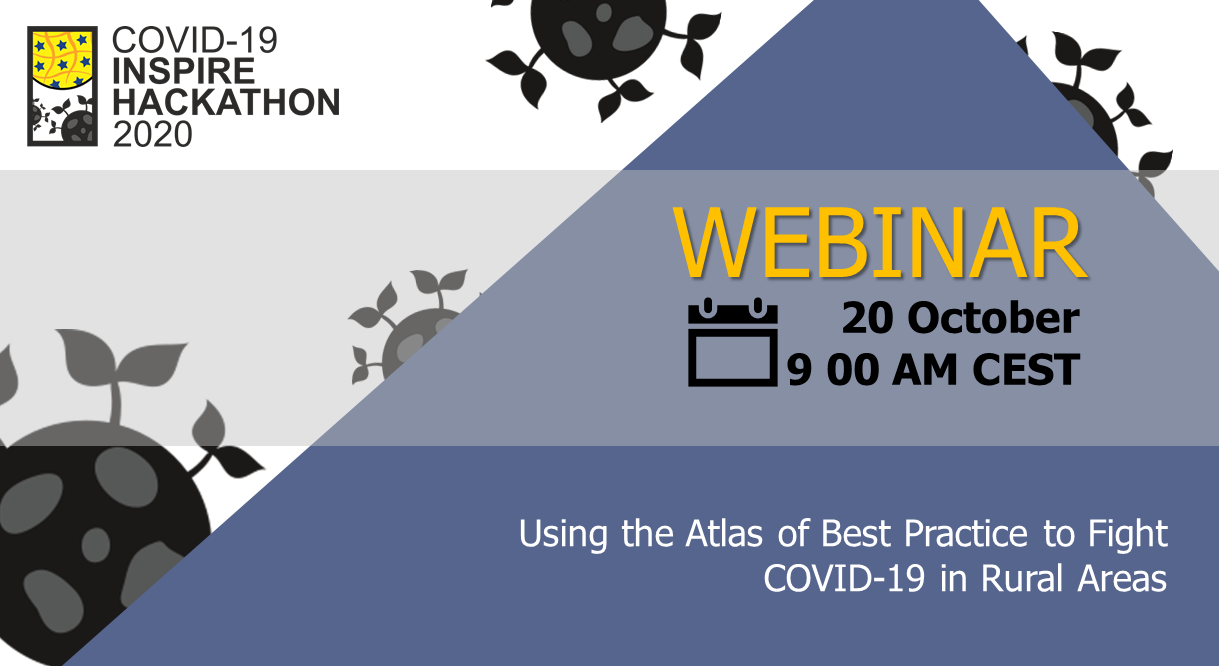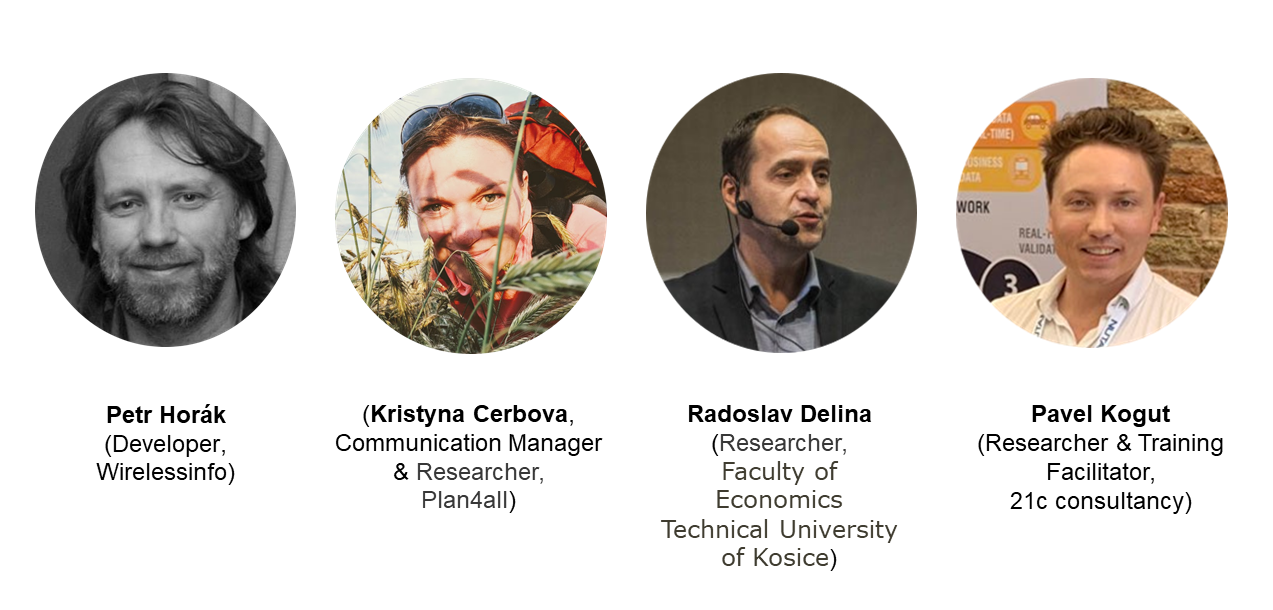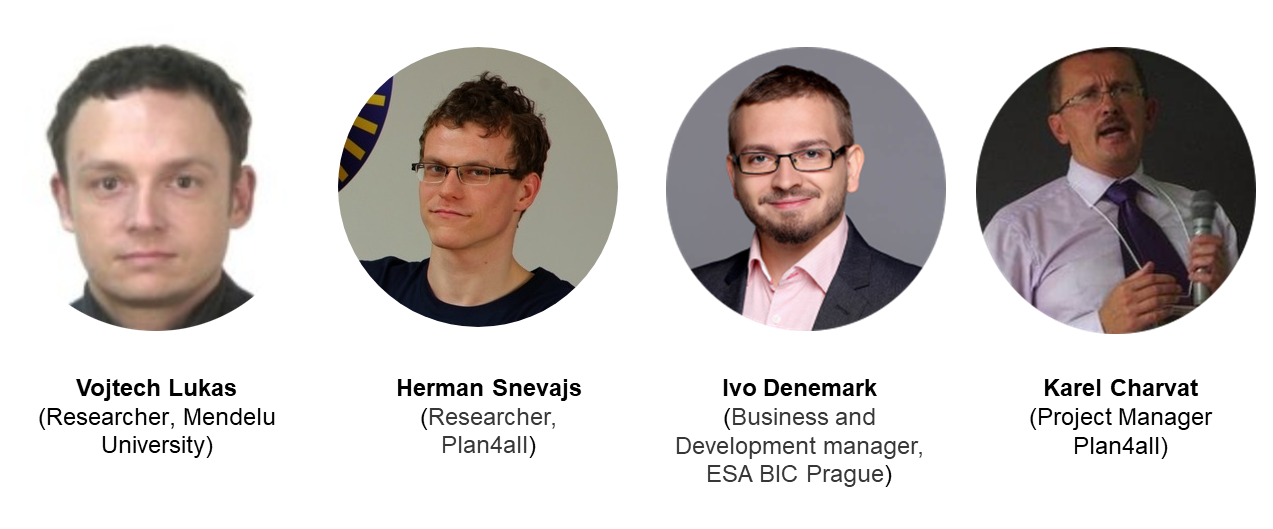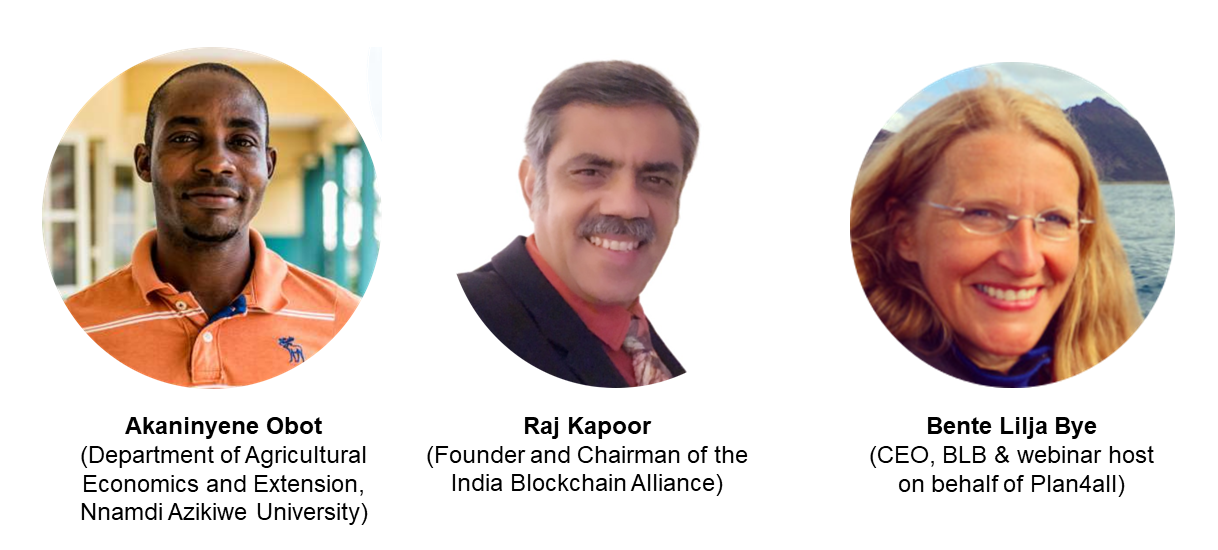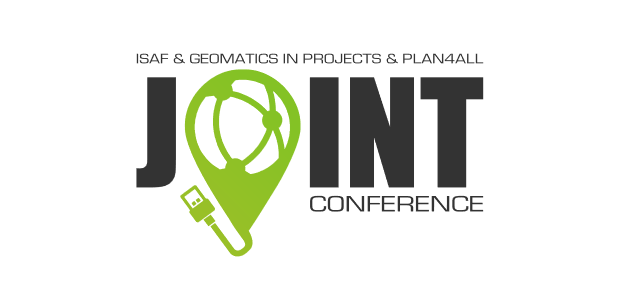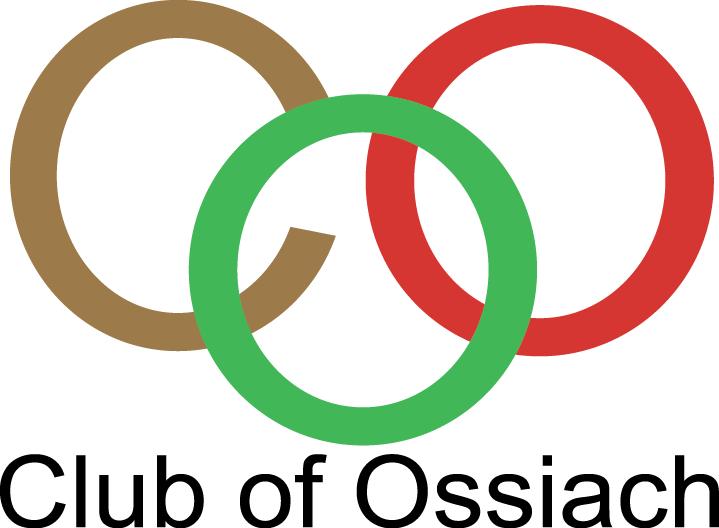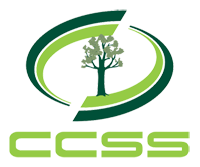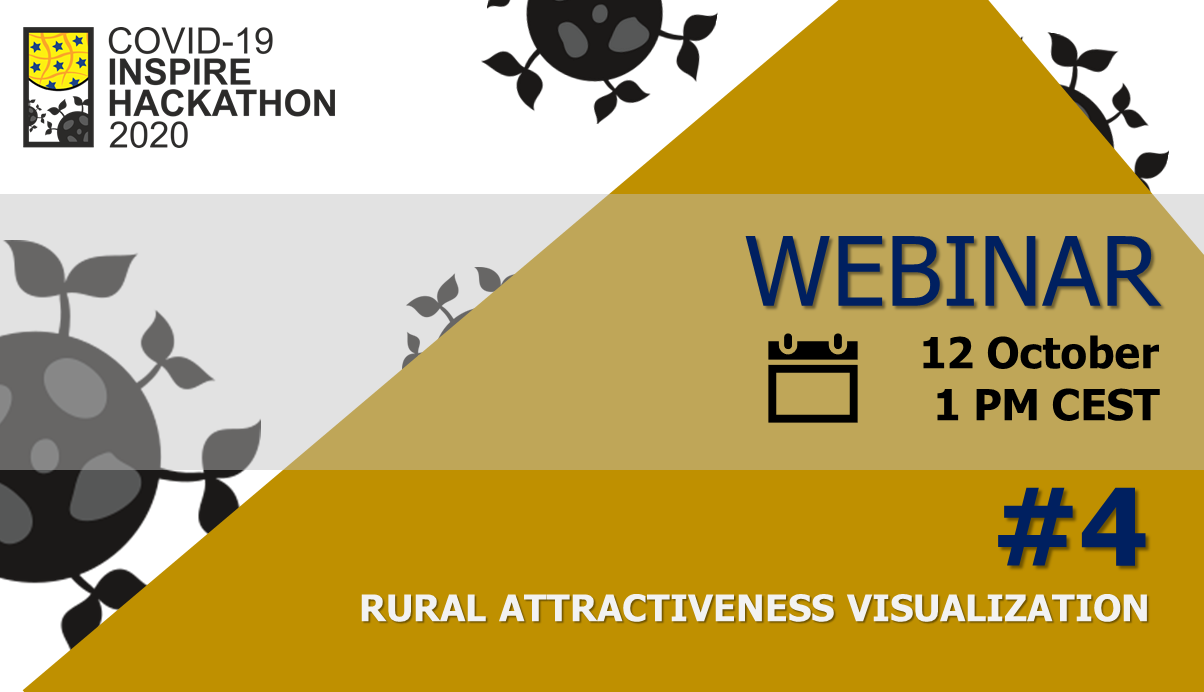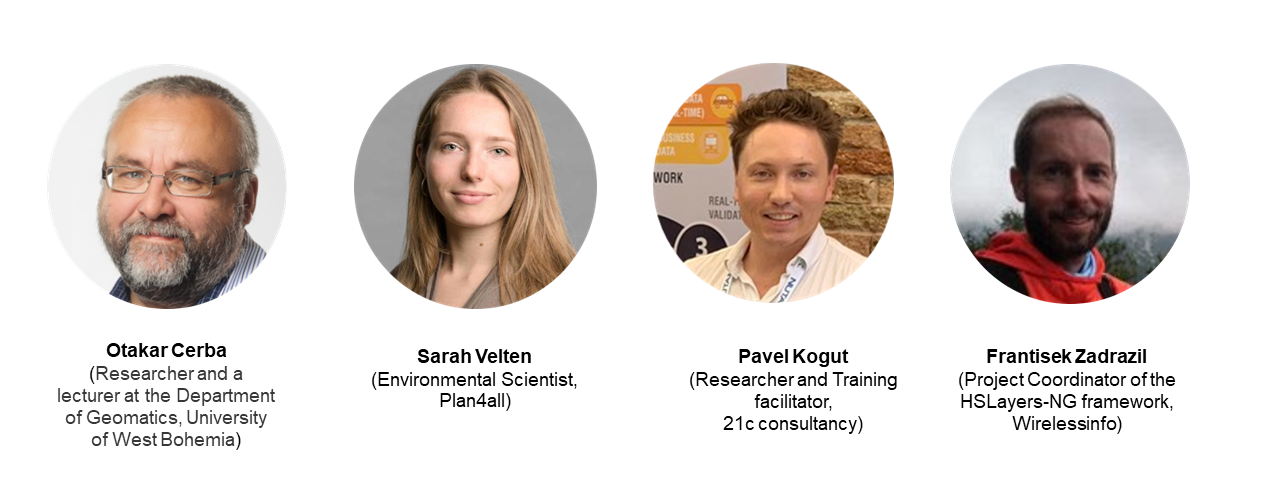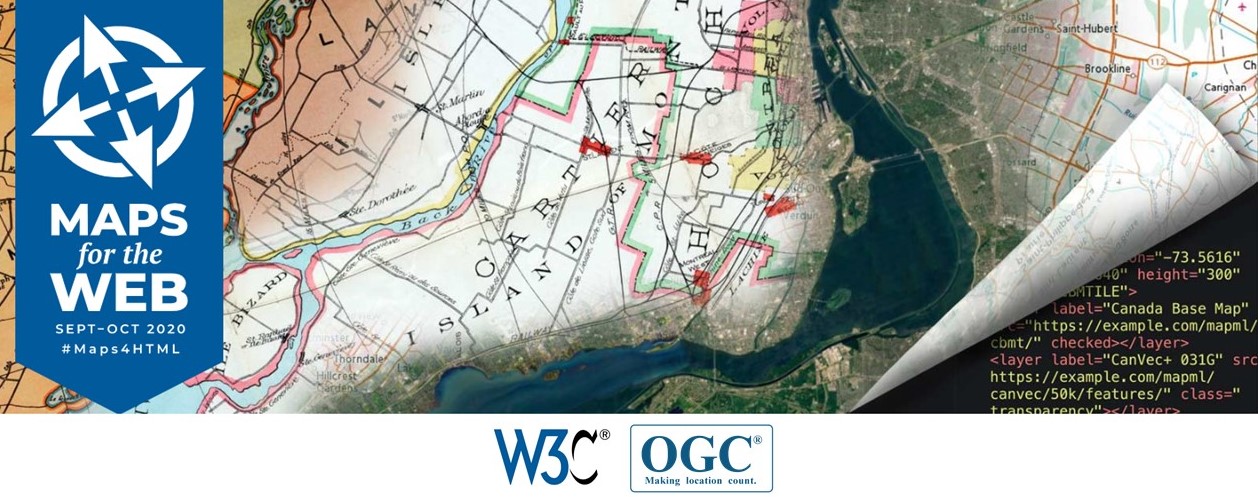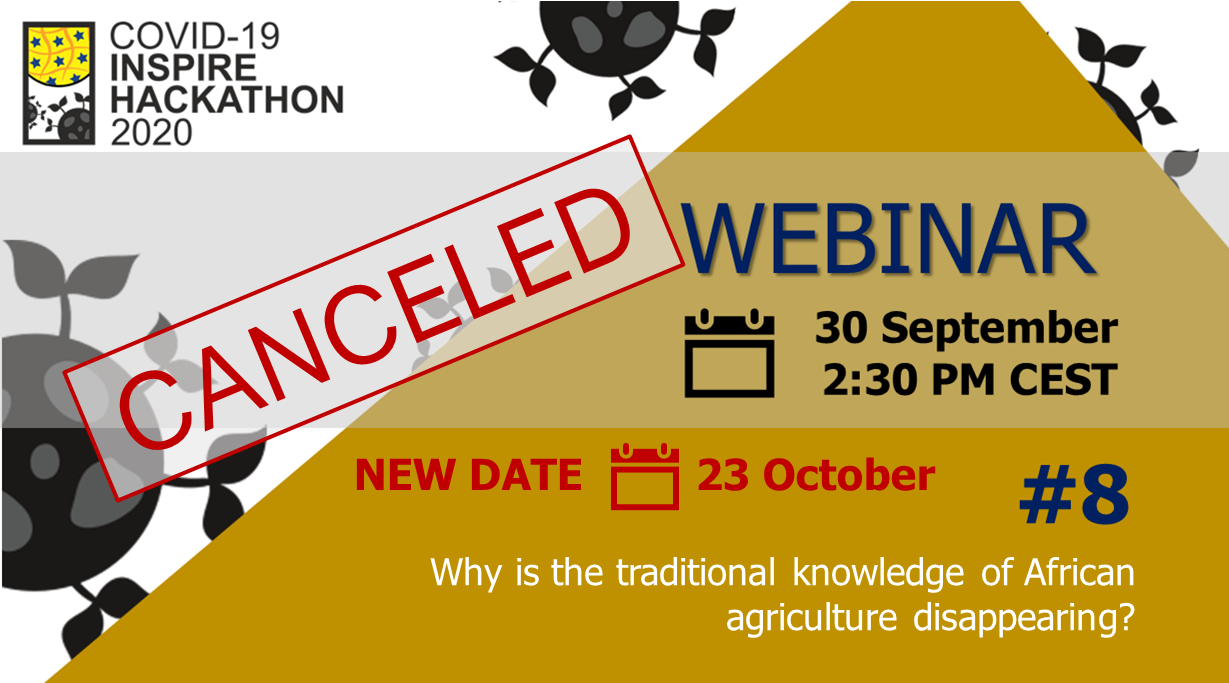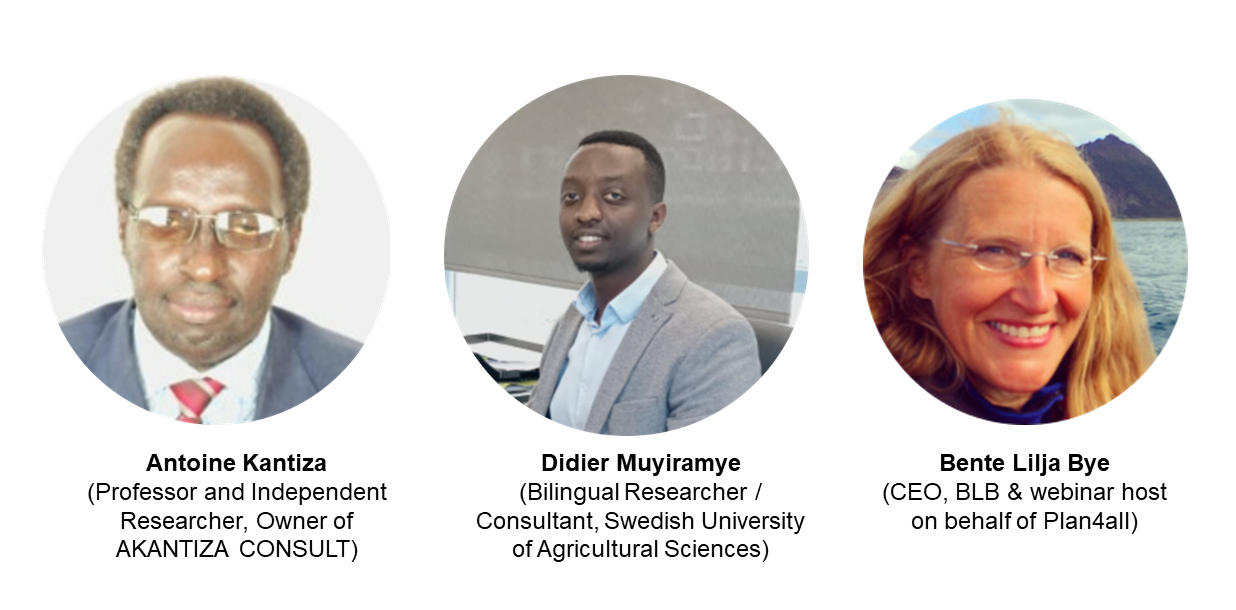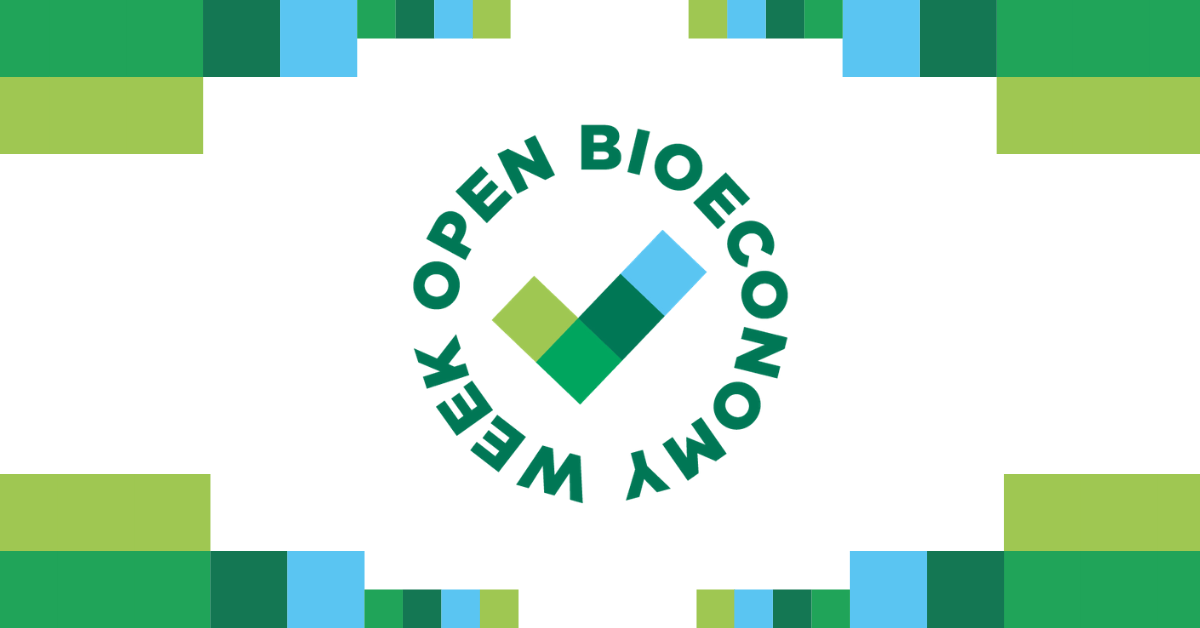This is the final workshop of the EO4AGRI project, which is planned as an open meeting to present the final EO4AGRI Strategic Research Agenda and recommended Roadmap towards improving the European capacity for operational agriculture monitoring based on information derived from Copernicus satellite observation data and through the exploitation of associated geospatial and socio-economic information services.
The workshop will be split into two sessions of around 1.5 hours each. The first section is oriented to researchers, developers, scientific communities, etc, and will be focused on the methodology, user requirements, and gap analysis processes developed during the project in order to get the results that are gathered in the EO4AGRI Strategic Research Agenda and Roadmap that will be presented during the second session (which is mainly targeted to policymakers, public administrations, etc).
Additionally, each slot will be combined with a Coffee table where participants will be able to interact with the speaker and discuss hot topics of that slot.
AGENDA
28/10/2020 || 14:00 CET : Technical insights on the use of Earth observation for agricultural applications
- Overall event concept
- EO4Agri – Project overview
- User Requirements and Gap Analysis for the use of Earth observation data in agricultures
- Technical landscape
- Methods for Agriculture Applications
- Infrastructure & Software
- EO4AGRI catalogue.
- Q&A
29/10/2020 || 14:00 CET: EO4AGRI Strategic Research Agenda and Roadmap
- Overall event concept.
- Project Introduction
- Earth Observation for Agriculture Strategy and Implementation of the Green Deal
- EO4AGRI Strategic Research Agenda for Earth Observation in Agriculture in Europe beyond 2020
- EO4AGRI Policy Roadmap – concise guidelines for EO in agriculture for CAP post-2020
- Q&A

